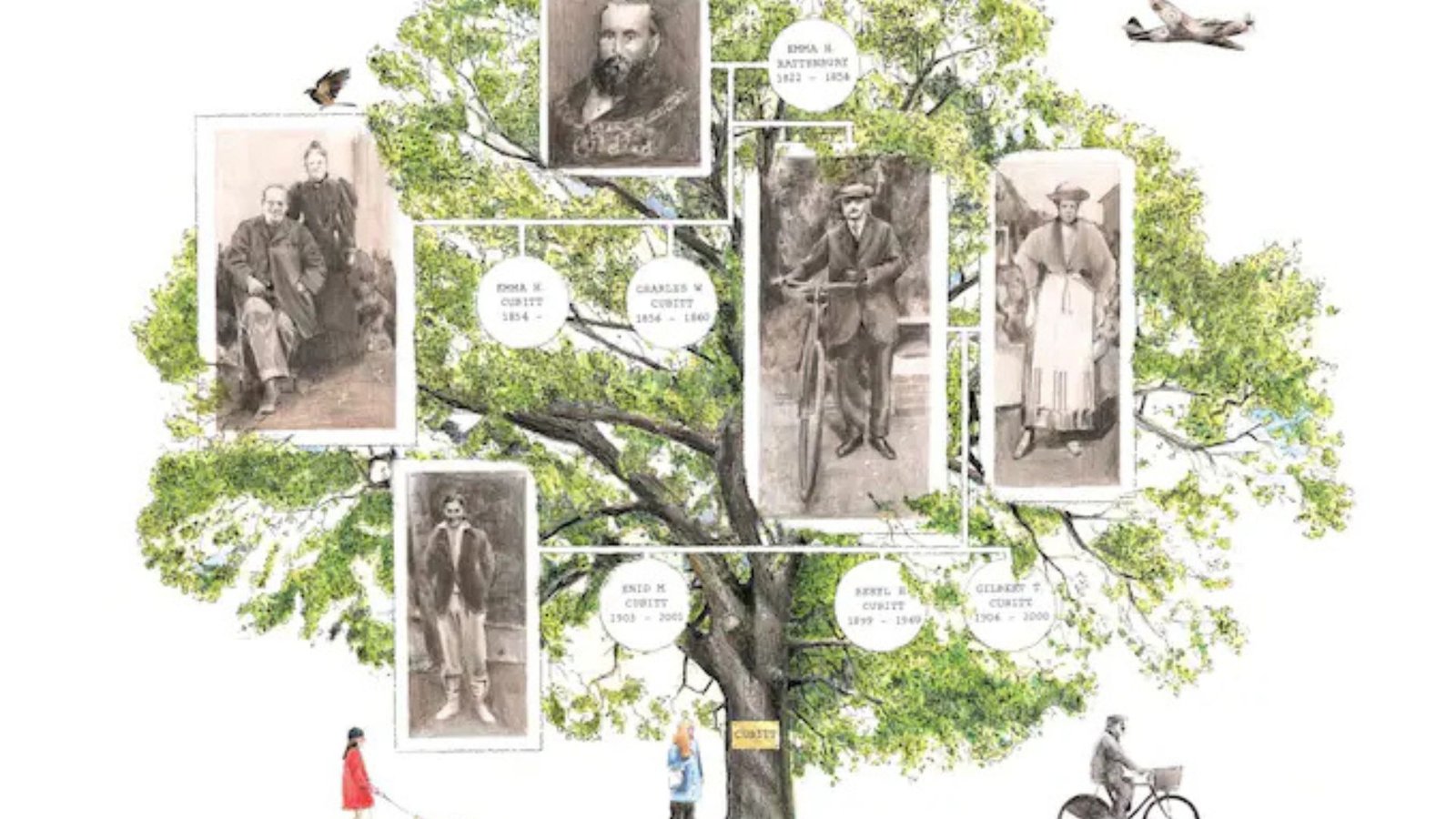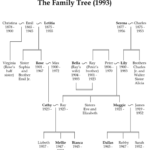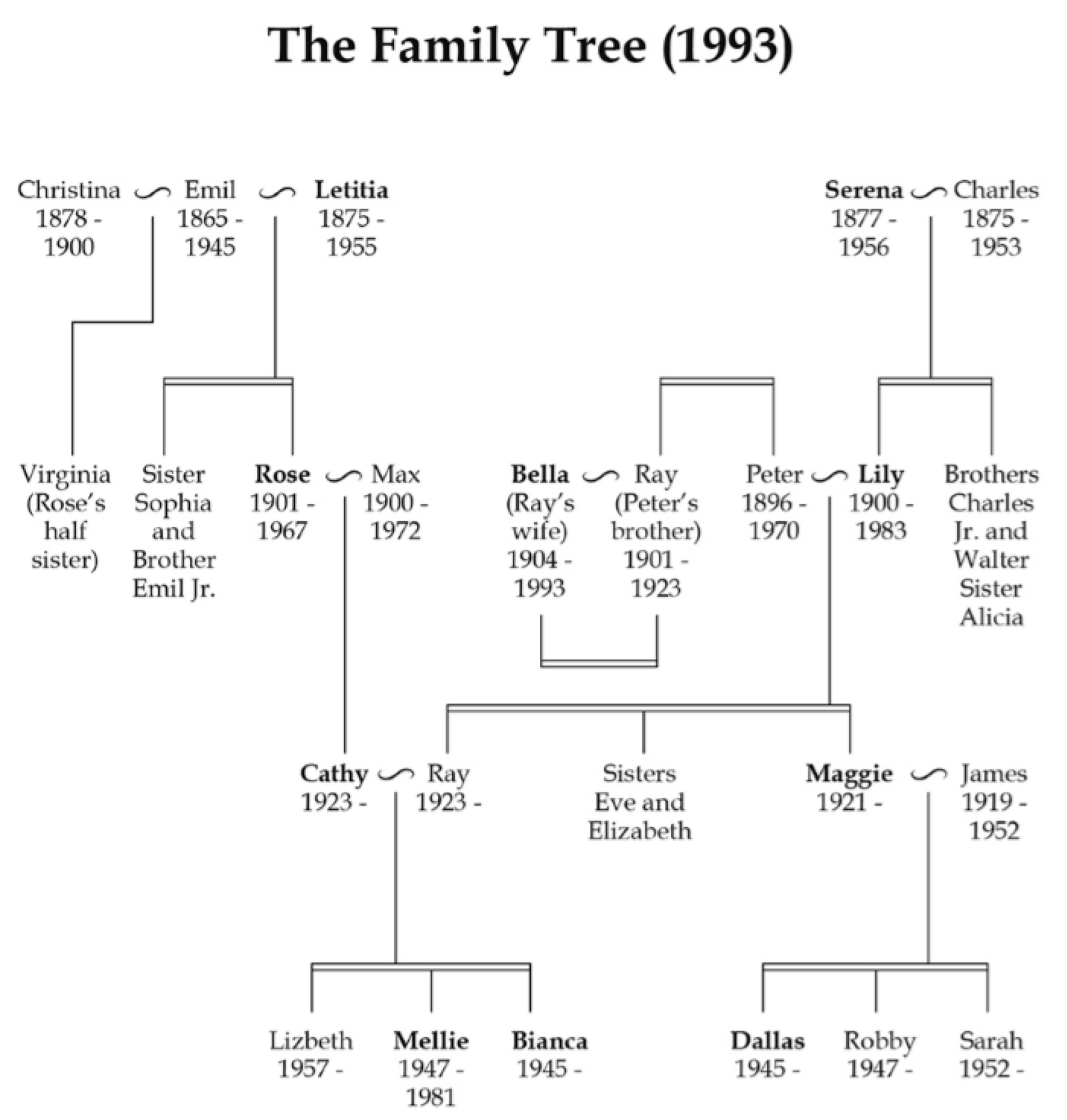The role of women in tracing family lineage is often overlooked, yet it is vital to understanding our roots and preserving our history. Women have traditionally been the keepers of family stories, documents, and traditions, making them essential contributors to genealogical research. This article sheds light on how women play a significant role in tracing family lineage and why their contributions should be valued and documented.
The Historical Role of Women in Family Histories
Throughout history, women have been the custodians of family records and stories. They often preserved oral histories, passed down family recipes, and safeguarded heirlooms. These activities were not just acts of preservation but also efforts to maintain cultural and familial identity.
Women’s roles as mothers, daughters, and grandmothers positioned them to gather and pass on these details. In many cultures, women were responsible for keeping the family connected across generations, making them invaluable in tracing lineage.

Women as Oral Historians
One of the most significant contributions of women in tracing family lineage is their role as oral historians. Stories shared during family gatherings often come from women, and these tales provide a rich tapestry of personal experiences and historical events.
For example, grandmothers might recount life during a specific period, offering unique insights that cannot be found in official records. These oral histories fill gaps in documentation and add emotional depth to genealogical research.
Preserving Family Documents and Records
Women often take on the responsibility of preserving important family documents. These records are crucial for confirming dates, relationships, and other lineage details.
This tradition of preservation has made women key figures in maintaining the accuracy of family histories. Without their efforts, many families would lose valuable pieces of their heritage.
GenoPresse and Online Casino Entertainment
Genopresse.com appears to be related to genealogy software, allowing users to create family trees and books. While exploring family histories, some individuals also enjoy online casino entertainment. For those interested, they can explore real money casino in australia.
The Role of Women in Naming Conventions
In many cultures, women influence naming conventions, which play a critical role in tracing family lineage. They often name children after relatives, preserving family names and ensuring that these connections remain visible across generations.
Understanding these naming patterns can provide clues when researching family trees. For instance, a daughter’s middle name might be her mother’s maiden name, offering a link to a maternal family line.
Challenges Faced by Women in Genealogical Records
In many societies, women changed their last names after marriage, making it harder to trace their lineage. Additionally, historical records sometimes focused more on men, leaving women’s roles and achievements unacknowledged. This lack of visibility requires researchers to dig deeper to uncover women’s stories and contributions.
Women as Connectors in Families
Women often act as the glue that holds families together. They organize family reunions, maintain communication between distant relatives, and encourage the sharing of family history.
These efforts not only strengthen familial bonds but also create opportunities to gather valuable genealogical information. By fostering these connections, women ensure that family histories remain alive and accessible.
The Impact of Women on Modern Genealogy
In today’s world, women continue to lead the way in genealogical research. Many genealogy enthusiasts and professionals are women who dedicate their time to uncovering and preserving family histories.
Their use of modern tools, such as genealogy software and DNA testing, has revolutionized how we trace our roots. Women’s ability to combine traditional methods with new technologies ensures that family histories are more comprehensive than ever.
Women in Diverse Cultures and Lineage Tracing
In various cultures, women have unique roles in lineage tracing. For instance, in matrilineal societies, family lineage is traced through the mother’s side, placing women at the center of genealogical research.
Recognizing and Honoring Women’s Contributions
To fully appreciate the role of women in tracing family lineage, it’s important to recognize and honor their contributions. This includes documenting their stories, preserving their records, and acknowledging their efforts in genealogical research.
Conclusion
From preserving family documents to acting as oral historians and connectors, women have been instrumental in keeping family histories alive. Despite the challenges they face in genealogical records, their contributions remain invaluable.
Recognizing and honoring women’s efforts not only enriches our understanding of family history but also ensures that future generations have accurate and meaningful connections to their past.
Genopresse and More
Explore the content and resources available at Genopresse. For a different kind of strategic play, explore https://www.gambling360.com/online-baccarat/.











